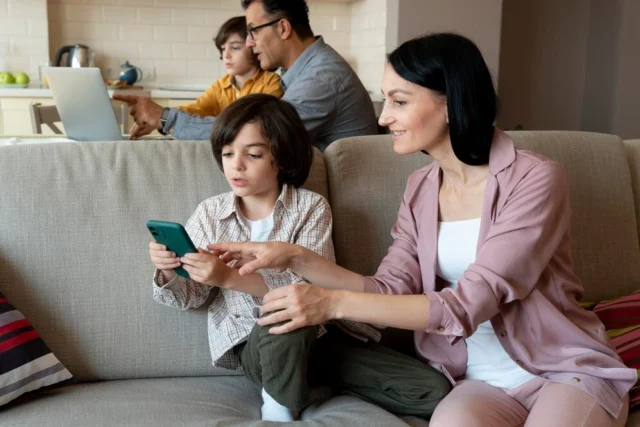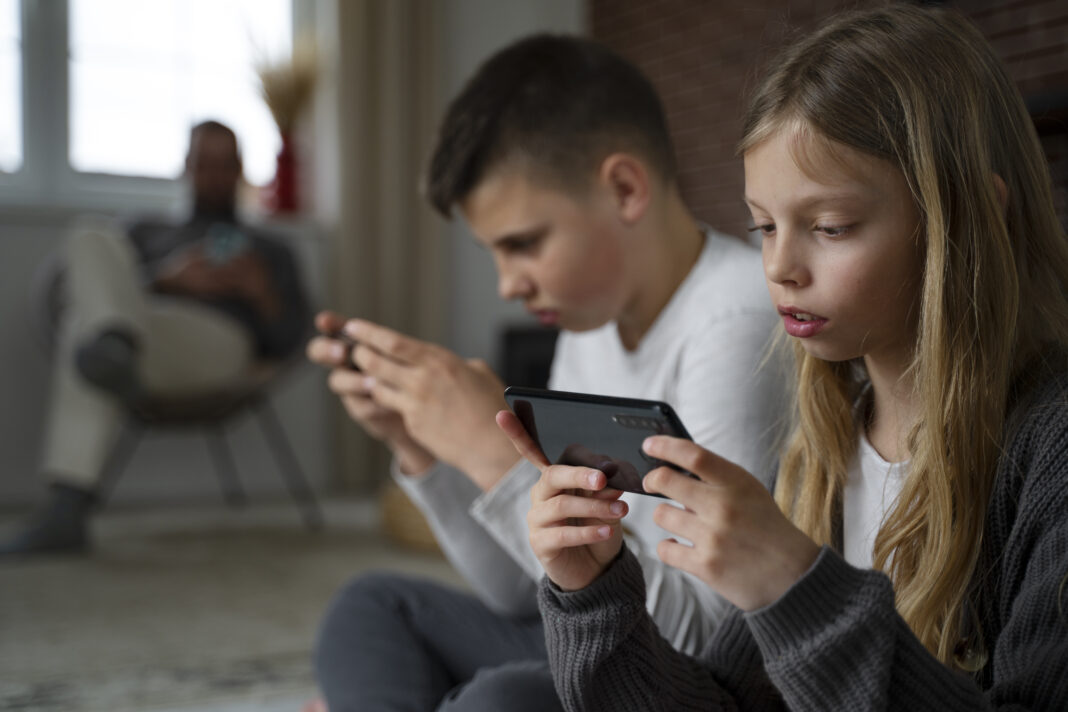In today’s digital age, smartphone has become an integral part of our lives, especially for younger generations. While it offers countless benefits, such as connectivity, learning opportunities, entertainment and self-expression, it has also become a significant source of conflict between parents and children.
A recent survey conducted by smartphone brand Vivo has highlighted the increasing tension between parents and children and said Indian children are more aware of the negative impact of excessive smartphone usage than their parents, but neither group is willing to take steps to curb their habits. According to survey: –
- On average, parents spend over five hours daily, while children spend over four hours.
- 76% of parents and 71% of children agree that they cannot live without their smartphones.
- 1 in 3 children wish that some of the most popular social media apps had never been invented.
- 69% of children and 73% of parents specifically mentioned smartphone use as a source of conflict between them.
- 80% of children wish that they could set up parental controls for their parents, prioritizing cameras, calls, and messages over social media.
- 64% of children admitted to being addicted to spending time on social media and entertainment.
- Two-thirds of both parents and children use smartphones even during outings, vacations or celebrations.
- 75% of parents are concerned about their child’s capacity to form deep connections with others without limiting their own smartphone use.
How to Bridge the Gap
The primary causes of the increasing friction between parents and children are excessive screen time, limitless content exposure, privacy concerns, and generational differences. But if we follow a few guidelines, we can manage it

- Open Communication
Parents should discuss the pros and cons of social media openly with their children. Creating a non-judgmental space for conversations can reduce conflicts. - Set Healthy Boundaries
Instead of imposing strict bans, parents and children can work together to set mutually agreed-upon screen time limits and privacy guidelines. - Lead by Example
Parents who manage their own screen time effectively set a positive example for their children. Demonstrating a balanced approach can encourage kids to adopt similar habits. - Educate About Online Risks
Instead of criticizing, parents should educate children about potential online dangers in a way that empowers them to make informed decisions. - Encourage Offline Activities
Promoting hobbies, sports, and family outings can help reduce the overreliance on social media and strengthen family bonds.
The growing conflict between parents and children over smartphone and social media is a challenge, but they are manageable. By fostering mutual understanding, empathy, and respect, families can turn this digital disruption into an opportunity for growth and stronger connections.




